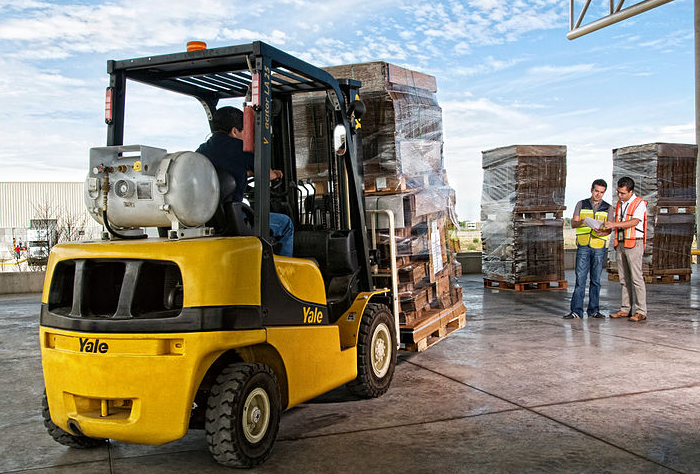Forklift training is essential to meeting occupational health and safety standards in many industries, including manufacturing, warehousing, and construction. Companies need to prioritise safety in the workplace, and forklift competency training is a crucial way to achieve this. This article will explore the benefits of forklift training and its role in promoting a safer work environment.
Here are five benefits of taking forklift competency training:
Increased Safety
Forklift training is designed to educate workers on the proper use of forklifts, including safety measures and best practices. By providing this training, companies can ensure workers have the knowledge and skills to operate forklifts safely. This helps reduce workplace accidents and injuries, ultimately leading to a safer work environment for everyone. Forklift accidents can cause severe injuries and, in some cases, fatalities. And by providing competency training, companies can minimise the risk of accidents and create a safer work environment for their employees.
Improved Efficiency
In addition to promoting safety, forklift competency training can also improve efficiency in the workplace. Workers adequately trained in using forklifts can operate them more efficiently, saving time and increasing productivity. By reducing the likelihood of accidents and injuries, workers can also avoid costly downtime resulting from these incidents. Efficient use of forklifts can also result in company cost savings, as workers can complete tasks more quickly and with fewer errors. This can ultimately lead to increased profits and a more robust bottom line.
Compliance with Regulations
Many industries are subject to strict regulations governing using forklifts and other heavy equipment. Forklift training is often a requirement for compliance with these regulations. By providing this training, companies can ensure they meet all necessary standards and avoid potential fines or legal issues. Failure to comply with regulations can result in significant financial penalties and damage to a company’s reputation. By providing competency training, companies can ensure they meet all necessary standards and avoid potential legal issues.
Reduced Liability
Companies that prioritise safety and provide competency training can also reduce their liability in the event of accidents or injuries in the workplace. Companies can protect themselves from potential legal action and other negative consequences by demonstrating that they have taken steps to ensure that workers are adequately trained and equipped to operate forklifts safely. Reducing liability can also positively impact a company’s insurance premiums. Companies that demonstrate a commitment to safety through competency training may be able to secure lower insurance rates.
Improved Morale
Finally, competency training can also positively impact worker morale. Companies can create a more positive work environment by demonstrating a commitment to safety and providing workers with the tools and knowledge they need to operate forklifts safely. This can lead to increased job satisfaction, improved retention rates, and a more motivated and engaged workforce overall. A positive work environment can have a ripple effect throughout a company, leading to increased collaboration, better communication, and more innovative thinking. By investing in competency training, companies can foster a safety culture and build a more robust, more engaged workforce.
Forklift training is critical to meeting occupational health and safety standards in many industries. By providing this training, companies can promote safety, improve efficiency, comply with regulations, reduce liability, and improve worker morale. Investing in forklift training is an investment in the safety and success of your company and is a decision that can pay dividends in the long run.
Author



